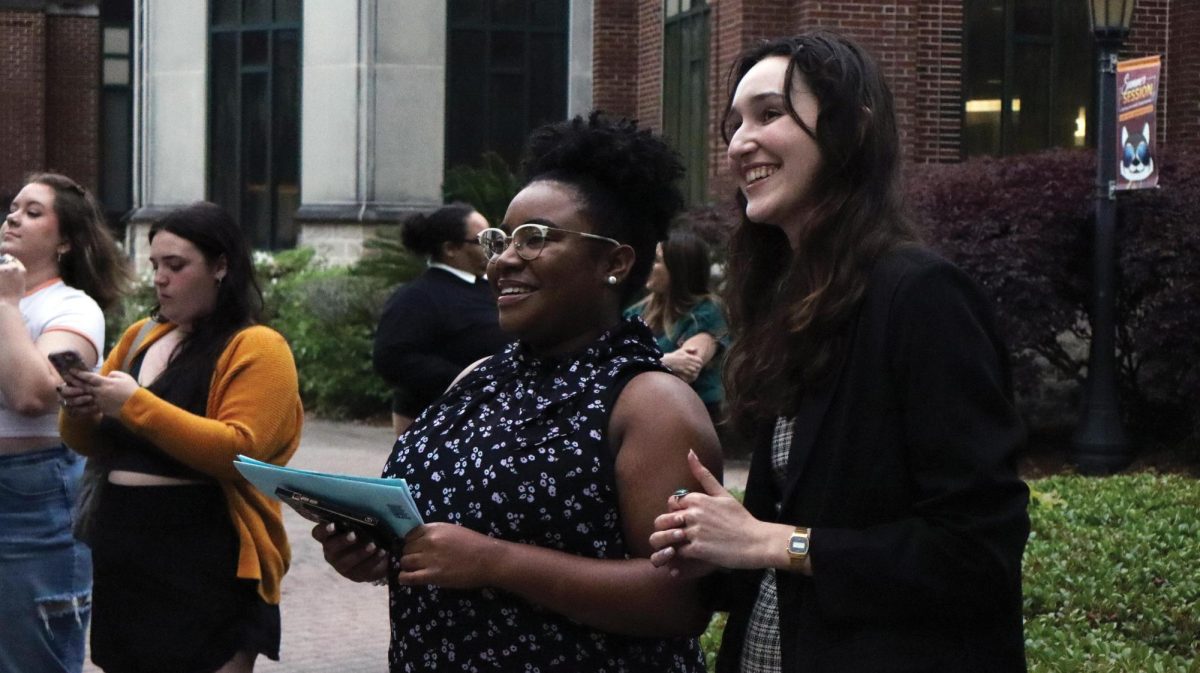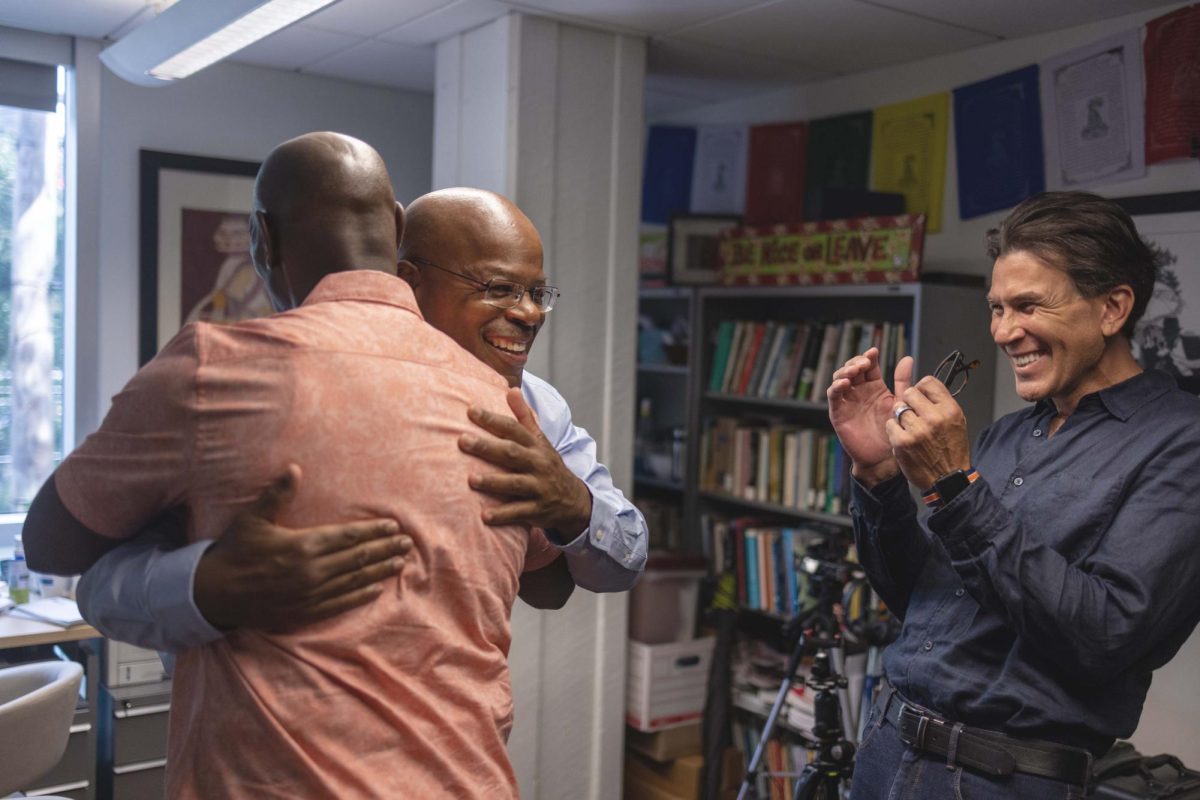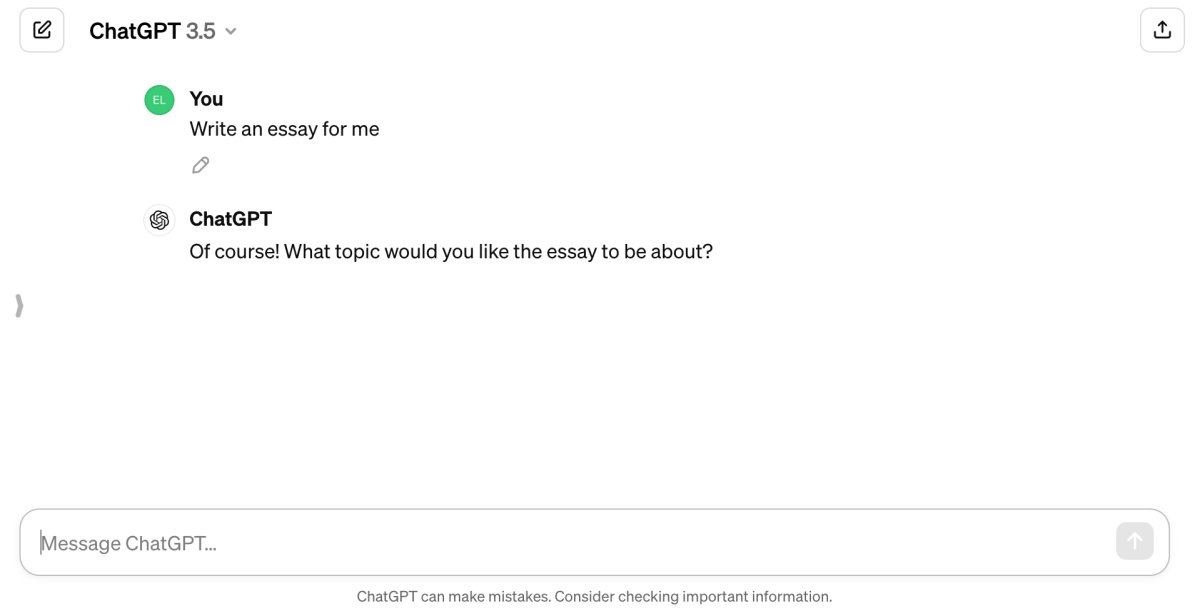First-year students are often warned about the high cost of textbooks, but now they can get some relief with the bookstore’s price-match option.
The Loyola bookstore began the price-match initiative to assist students with the high cost of textbooks last semester.
Rachel Polk, bookstore manager, said the new option has already resulted in significant savings.
“Last fall we offered price-matching for the first time and it was quite successful; students saved over $8,000,” Polk said.
A typical freshman with five courses could be facing over $300 on numerous textbooks.
For example, one philosophy T-122 section requires a text at the Loyola bookstore that cost $210.50 new. A seller on Amazon.com offers the same book new for $109.94, plus shipping and handling.
However, as with any online store, the time it takes to arrive in the mail can create an issue.
Emma Schillage, theatre arts freshman, said she didn’t have the time to wait for her textbooks to come in the mail and was unaware the bookstore would match prices on books she had to buy.
“The only reason I got them from the bookstore was because I needed them today,” Schillage said.
At the start of the fall semester, Shillage only needed four textbooks and rented them all; however, this semester, her classes required 17. She was only able to rent half of them. Both trips to the bookstore cost Shillage around $200.
“I was kind of expecting it because people had warned me that the textbooks are expensive. Honestly, I thought they’d be more expensive because I’ve heard horror stories about having to pay $300 for one textbook,” Shillage said.
Shillage still feels her books were over-priced, especially when she realized how little she used one book from her first semester.
“I used it maybe twice, but I could’ve borrowed it from someone in class, or looked it up online. I felt like I wasted $50,” Shillage said.
Lydia Voigt, director of common curriculum, has been a professor for over 30 years and has taught a large number of first-year courses. Voigt said she and other professors select the textbooks very carefully.
“I look for books that effectively communicate an up-to-date and state-of-the-art treatment of the subject matter and that are interesting and serve to engage students in the critical issues related to the course topic. The cost of books is also a factor I consider,” Voigt said. “I am sensitive to the reality that for some students, the cost of books is prohibitive. Every semester, I place several sets of the required books in my courses on reserve in the Library.”
Larry Miller, manager of the Tulane bookstore, said it is the publisher who sets the price, not the university.
“Am I qualified to determine the price, no, but the publishers are. They work with all the writers and the people that do that kind of stuff and they come up with it,” Miller said. “If you look at a textbook, you’re not paying for the paper. You’re paying for the information that’s in it. Look at all the people involved in a textbook. What kind of research goes into it? What kind of graphics? How many people are involved in the illustrations and the research that goes into it?”
Students like Shillage may not like the high cost of textbooks but understand the value.
“If it’s going to get me good grades, if I can use it to study and gain knowledge on a subject, or if I don’t understand something in class, then yes, it is worth it,” Shillage said.











